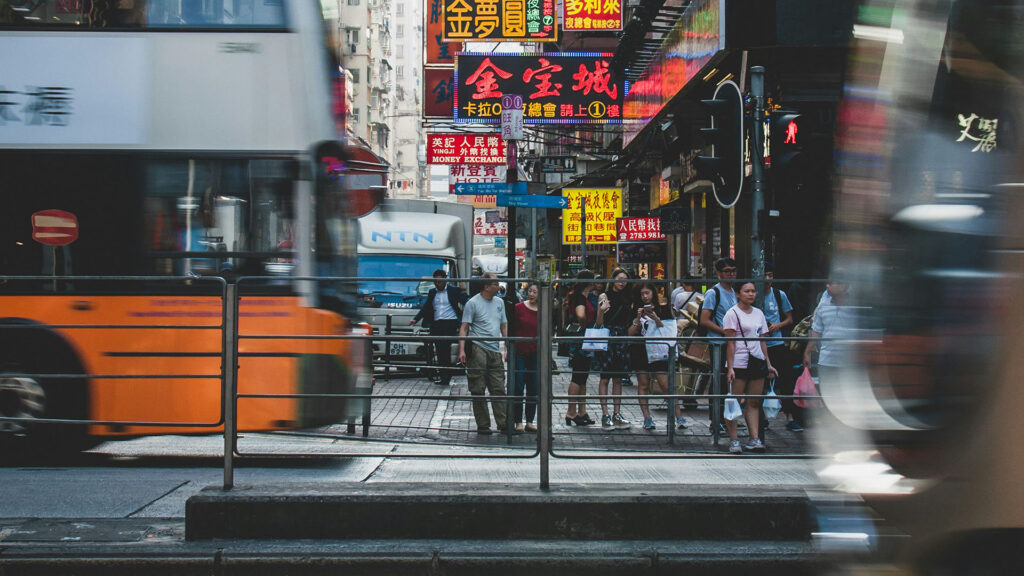by Alisa Sultmane
Introduction
People’s behaviour in public has changed; that’s the message from the Institute of Strategic Risk Management (ISRM) latest webinar. COVID19 has altered people’s behaviour and none of it for the better.
The Changing Public Landscape
On 12th December 2024 leading security professionals discussed how People’s behaviour in the public space is more unpredictable than ever before and as a result, security professionals can no longer rely on well-established behavioural patterns. For example, before the pandemic, peak times in transport and retail followed a reliable rhythm, and antisocial behaviour was largely confined to specific areas and times. That predictability is gone. Footfall in shopping centres and public transport is erratic and so too are people’s responses to any kind of disturbance.
The increase in aggression is a real concern; security officers and frontline workers report a sharp rise in hostility. They find people are quick to anger and are less receptive to authority. One panellist summed it up succinctly: “People seem to be operating on a short fuse, and it’s much harder to bring them back from that edge.”
Technology’s Role
The panellists agreed that technology has played a significant role in shaping these new behaviours. A shift in how people engage with the world has changed expectations and interactions:
Digital Disengagement – Many individuals now move through public spaces glued to their phones, barely aware of their surroundings. This hyper-focus on digital interactions makes real-world engagement—whether from security staff, transport workers, or customer service representatives—feel like an interruption rather than a necessity.
Rise of “Auditors” – A relatively new phenomenon is the rise of so-called “auditors” individuals who deliberately seek out confrontations with security personnel, filming interactions to post online. While some see this as a means of holding authority figures accountable, others warned that it fosters unnecessary conflict and spreads misinformation.
Erosion of Trust in Authority – With government-imposed restrictions during the pandemic still fresh in memory, public scepticism toward authority has deepened. Security professionals report that individuals are more likely to challenge rules, dismiss regulations, and refuse to comply with instructions.
Adapting to new behaviours
How can security practitioners address these new behaviours? The panellists suggested the following:
1. Invest in Behavioural Training – Security teams should recognise early warning signs of aggression. Behavioural detection training helps security officers spot unwelcome behaviours early and helps to de-escalate conflict.
2. Prioritize Staff Well-Being – With abuse on the rise, the security officer’s mental and emotional resilience is critical. Structured debriefings, mental health support, and strategies to prevent emotional burnout are now key priorities.
3. Rethink Communication Strategies – Traditional communication methods, such as PA announcements and posters, no longer cut through. Organisations must explore alternative ways to engage the public, whether through digital channels or targeted education efforts.
4. Strengthen Collaboration – Security professionals cannot tackle these challenges alone. Greater collaboration between private security firms, transport operators, local authorities, and law enforcement is essential to crafting effective solutions.
Looking Forward
The discussion made one thing abundantly clear: the post-pandemic world demands a new approach. The patterns of the past no longer apply, and those responsible for public safety must adapt accordingly.
This was just the beginning of an ongoing conversation. With another webinar planned to explore lessons learned and future policy adaptations, it’s clear that security professionals are not just observing these changes—they are working to shape the best possible response.
